Zinc is one of those nutrients most people often overlook. But did you know that it plays a big role in helping children grow strong and stay healthy? It not only supports the immune system but also helps wounds heal faster, boosts brain function, and supports proper growth and development. According to the World Health Organization, around 30 percent of children worldwide don’t get enough zinc in their daily diet. That’s a scary number for something so important.
Fortunately, you don’t need any supplements to fix that. Just regular, wholesome foods that are rich in zinc can do wonders. According to the National Institutes of Health, kids between 1–3 years need about 3 mg of zinc daily, while those aged 4–8 need 5 mg, and kids between 9–13 years need 8 mg.
Read below this to explore the top seven zinc-rich foods every parent should know about.
Pumpkin Seeds
Pumpkin seeds may be small, but they are packed with zinc. They’re also rich in healthy fats and magnesium, which help support your child’s brain and bones. These seeds are super easy to include in your child’s meals. You can simply roast them with a little cinnamon or honey, or maybe try grinding them into powder and mixing them into smoothies or oatmeal.
Chickpeas
Chickpeas are a humble kitchen ingredient with lots of nutrition. Not only do they have a good amount of zinc, but they are also high in protein and fiber, which keeps kids full and energized. They are very versatile too—you can mash them into hummus, blend them into soups, or roast them for a fun, crunchy treat.
Milk and Cheese
Dairy products like milk and cheese are great sources of zinc, especially for younger children. One cup of milk can provide nearly 1 mg of zinc, and cheese adds even more, depending on the type. What makes dairy special is that the zinc in it is more easily absorbed by the body compared to plant-based foods. Moreover, kids usually don’t need convincing to eat cheesy pasta or enjoy a glass of cold milk. This makes it a stress-free option for parents trying to meet daily zinc needs.
Eggs
Eggs are another easy and nutritious way to include zinc in your child’s diet. One large egg offers about 0.6 mg of zinc along with high-quality protein and vitamin D. Whether scrambled, boiled, or made into mini egg muffins, they’re a morning favorite that’s quick to prepare. Besides, eggs are also easy to digest and work well for kids of all ages.
Cashews
Cashews contain a good amount of zinc, along with healthy fats and iron. Cashews make a great afternoon snack, and they blend well into smoothies or nut butters. However, if your child isn’t a fan of whole nuts, you can crush them and sprinkle over cereal or mix them into yogurt.
Oats
Cooked oats have zinc, fiber, and energy-boosting carbohydrates. Besides, they are also really easy to blend with fruit, honey, or even cocoa powder. For busy mornings, overnight oats are a lifesaver—you prepare them the night before, and breakfast is ready when your child wakes up. It's a simple dish that can do a lot for your child’s immunity.
Chicken
Chicken is a go-to meal in many households, and there’s a good reason why. Did you know that a serving of chicken provides protein and a solid dose of zinc? It's also easy to cook in many ways—grilled, shredded, baked, or added to soups.
Conclusion
Zinc might not get as much attention as vitamin C or iron. With the right foods, you can help your child avoid common illnesses, heal faster from cuts and scrapes, and stay sharp in school. And the best part is that these foods are already in your kitchen or easy to find at the store.
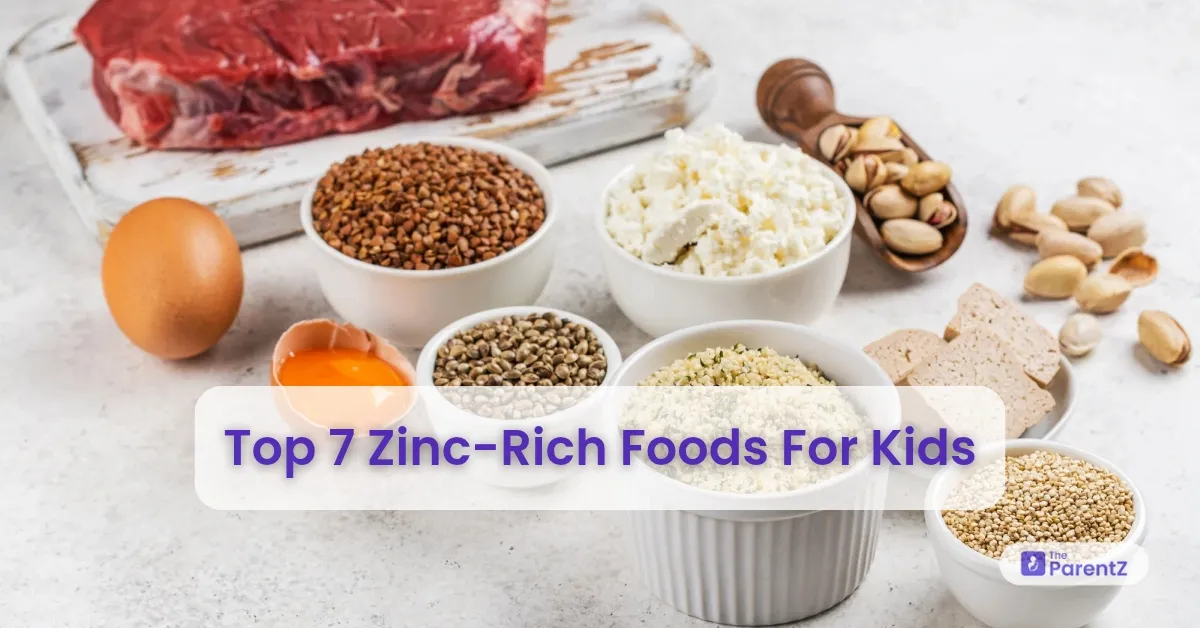


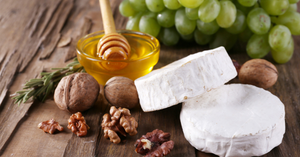
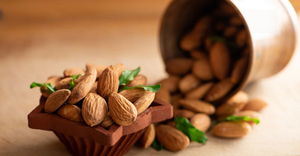

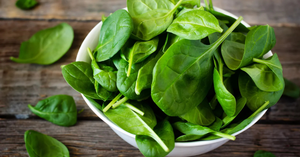
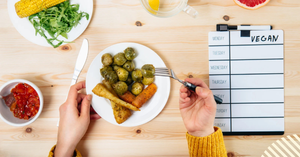
Be the first one to comment on this story.